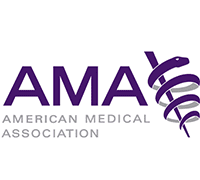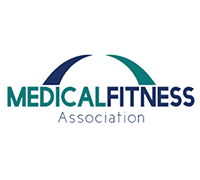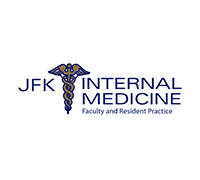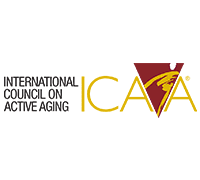Testosterone Replacement Therapy (TRT)
What is TRT? Is TRT safe? How much does TRT Therapy cost? In this page, we answer your most pressing TRT questions.
If you are suffering from low testosterone, TRT may help with the following:
Increased Energy
& Stamina
Increased Sexual
Performance
Performance
Increased Sex
Drive
Drive
Increased Joy &
Happiness
Happiness
Increased Muscle
Mass
Mass
Males who are healthy and have already gone through puberty have an average of 20 times the levels of testosterone as compared to a healthy female who has also gone through puberty. In women, testosterone plays a role in egg development and ovulation, but testosterone is most widely known to be the body’s natural hormone that makes men more manly, and is predominantly responsible for masculine characteristics such as a healthy libido and erectile function, fertility, male puberty and sperm production, male pattern hair growth of the face and body, muscle strength and mass, and a deep voice…but is lesser known to many outside of the medical profession for its significant role in the production of red blood cells, cognitive behavior and mood, bone density, fat distribution, and even healthy sleep patterns.
While many men don’t notice when exactly they started to lose some of their energy, started to gain weight or to lose muscle mass, or even noticed their more recent feelings of depression or overall sour-mood, others take notice of the hormonal change more evidently. Since a testosterone imbalance (typically low levels) can also cause infertility in men, many men don’t think to seek treatment until they and their partner experience difficulty getting pregnant. Medical professionals have many terms for this condition related to low testosterone levels in aging men, including testosterone deficiency, androgen deficiency, andropause, late-onset hypogonadism, and even male menopause.
Whether your body naturally produces low levels of testosterone or your levels have declined due to the biological aging process, low levels of the hormone seem to consistently lead to impairment of various physiological functions. The team of medical professionals at PeakPerforMax understands that low testosterone levels will affect men in a widely varied nature and that each individual will require an individualized and personalized treatment regimen in order to restore their levels to peak performance.









